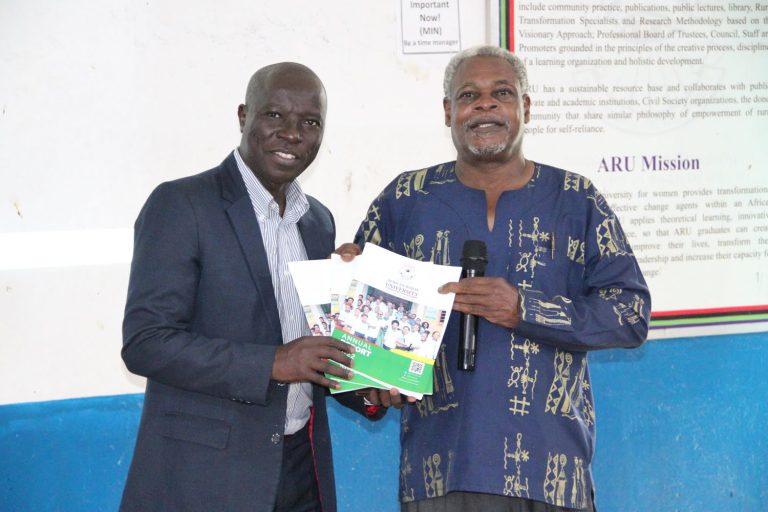URDT extends Cervical Cancer screening services to the called hard to reach areas in Kagadi District Ndaiga Sub County.
Through the Tell, See and Treat method, Uganda Rural Development Training Programme (URDT) is implementing a project with a vision for women in Kagadi District to easily access Cervical Cancers screening services in order to prevent precancerous lesions from progressing into cancer.
To prove to the government that this methodology is cheap and applicable in the rural areas a case study being Kagadi District. URDT provides Cervical Cancer Screening Services even in the called hard to reach areas in the District. Ndaiga Sub County is located In Kagadi District bordering the Republic of Congo and located in the escarpment of Lake Albert, it is made up of 8 parishes and these include; Kitebere, Nguse, Songorowa, Nyamasoga, Kamina, Kabukanga, Rwebigongoro, and Ndaiga parishes.
Women are mobilized by Village Health Teams (VHTs) in their respective parishes the road transport has a challenge that most of the parishes are not accessible because the roads are not opened up. The team from URDT slopes down and camps at Ndaiga Health center for 4 days, women are organized in their respective parishes, the boat moves around collecting the women when it is full, women are transported to the health center and that is around mid-day.
Then in the evening women are still transported back using the same means, this implies that those screened waits for their colleagues until evening when all are worked upon, they are transported back to their respective parishes.
101 women were screened in three days during the camp, the fourth day had a challenge of the climatic change, it was windy from 5: 00am to 12: 000 am water as a means of transport could not be used since water took time to stabilize for boats to move, this was a challenge and lesson to learn that climatic change can affect implementation of project activities. The good news is that these women take the services provided to them seriously and very important because they feel government services are not provided to them like in other sub-counties so this makes them committed to utilizing the available services, these women are very supportive and they have solidarity (UBUNTU) that they care for each other, I was a messed with the way they were working as a team, waiting for the colleagues and sharing the food staff they had packed.


